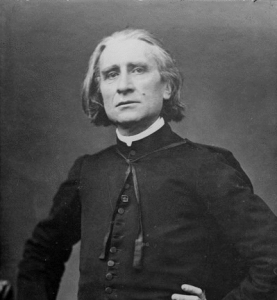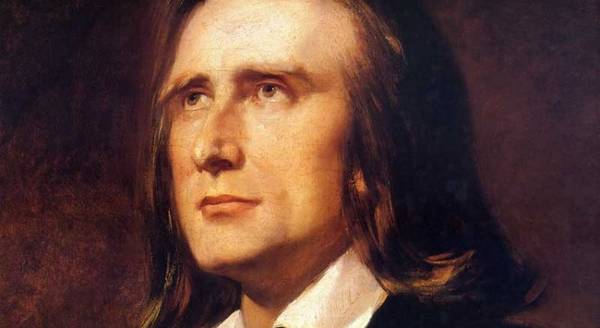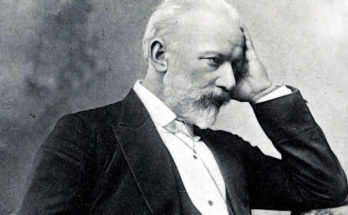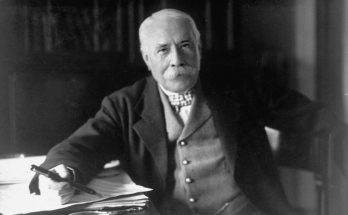
Franz Liszt (22 October 1811 – 31 July 1886) was a prolific 19th-century Hungarian composer, virtuoso pianist, conductor, music teacher, arranger, organist, philanthropist, author, nationalist and a Franciscan tertiary during the Romantic era.
Liszt gained renown in Europe during the early nineteenth century for his prodigious virtuosic skill as a pianist. He was a friend, musical promoter and benefactor to many composers of his time, including Frédéric Chopin, Richard Wagner, Hector Berlioz, Robert Schumann, Camille Saint-Saëns, Edvard Grieg, Ole Bull, Joachim Raff, Mikhail Glinka, and Alexander Borodin.
While Franz Liszt was a composer, conductor, critic and teacher, he was best known as a pianist. He was the first of the virtuoso performers. When Liszt walked onto the stage, he took over the hall, amazing the audience with his incredible technique and his awesome presence. He was a true showman and the man who invented the solo recital. Although some were annoyed by his personality, Liszt was one of the greatest pianists the world has ever known.
As a composer, Liszt, of course, wrote music primarily for the piano. He also transcribed popular orchestral works for this instrument. Many of his pieces are tremendously difficult and few pianists can perform them properly. Later in his life, he started writing music for the orchestra and composed wonderful melodies.
Liszt also wrote music criticism and was known as a conductor and teacher. He trained many of the performers of his time in his tradition.
Because of his ego and attitude, Liszt was always a controversial figure. However, he is recognized as one of the dominant personalities of 19th century Romantic music.




